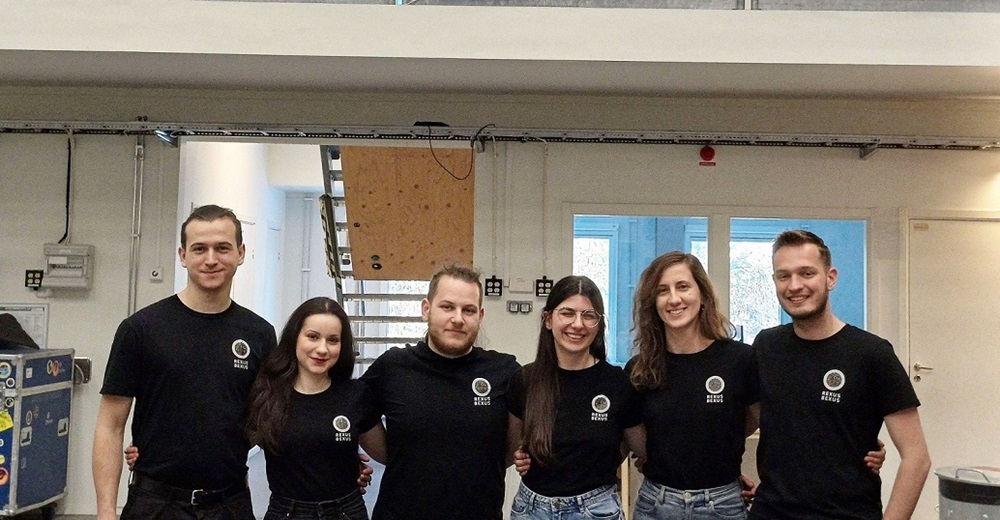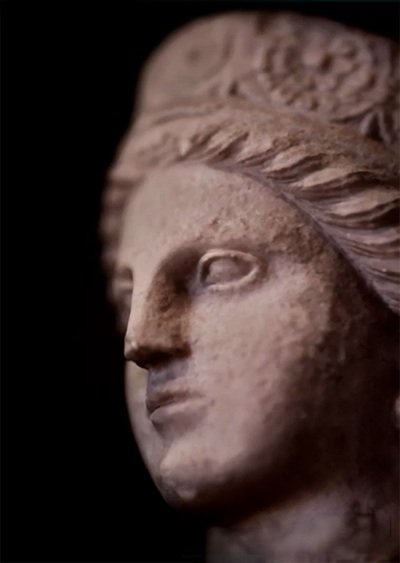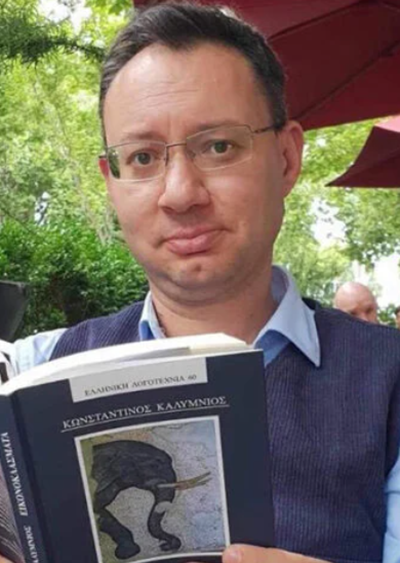
The first Greek student experiment on a REXUS rocket flight took place on Tuesday 12 March 2024, at 7:15 in the morning (Greece time), in northern Sweden (Kiruna), by the student team BEAM 3rd Gen of AUTH.
The launch of the REXUS 32 single-stage rocket took place in the framework of the REXUS/BEXUS programme. The team went to ESRANGE Space Center in Sweden where they stayed for two weeks (4-17/3/2024) for the flight of the REXUS 32 rocket.
The aim of the DROPSTAR (Study of Oil Droplet Coalescence in Emulsions in Microgravity) experiment was to produce an emulsion and study its behaviour throughout the flight of the REXUS rocket. In particular, the mechanism of emulsion droplet coalescence in microgravity was investigated.
The BEAM 3rd Gen team of AUTH has proceeded to the design and construction of a prototype emulsification device, in which it is possible to produce and study emulsions on site. The experiment was carried out in collaboration with the Chairman of the Department of Chemistry of the Aristotle University of Thessaloniki, Professor Theodoros Karapantsios, and PhD candidate Angeliki Chondrou. The device was manufactured entirely in Greece with the support of many collaborators and sponsors who helped to complete the team’s work.
During the flight, the DROPSTAR device worked with complete success. A dodecane-water emulsion was produced which was studied using a camera and a special electrical technique, the I-VED technique, a patented technique of the Department of Chemistry of the Aristotle University of Thessaloniki, which was used to study the evolution of the emulsion’s impedance during the flight. The data obtained are of particular interest and their analysis is expected to be completed within the next two months.
An emulsion is a system of two immiscible liquids, where one liquid (dispersed phase) disperses and forms droplets within the other (continuous phase). In the coalescence mechanism, two droplets coalesce to form a larger droplet. Over time, the mechanism leads to the separation (destruction) of the emulsion.
The REXUS/BEXUS project is implemented under the bilateral Agency Agreement between the German Aerospace Center (DLR) and the Swedish National Space Agency (SNSA). The Swedish share of the payload is made available to students from other European countries through a partnership with the European Space Agency (ESA).
The success in the implementation and execution of the DROPSTAR experiment is a major achievement, not only for the BEAM team but also for the entire Greek student community. “The DROPSTAR experiment paved the way for the execution of Greek student experiments on the REXUS rocket, and proved that the Greek student community can have a dynamic and meaningful presence in the field of space”, say the members of the BEAM 3rd Gen team of AUTH.
The seven-member BEAM 3rd Gen team of AUTH was created in August 2020 and consists of students from the Departments of Physics and Electrical & Computer Engineering of AUTH.







Leave A Comment